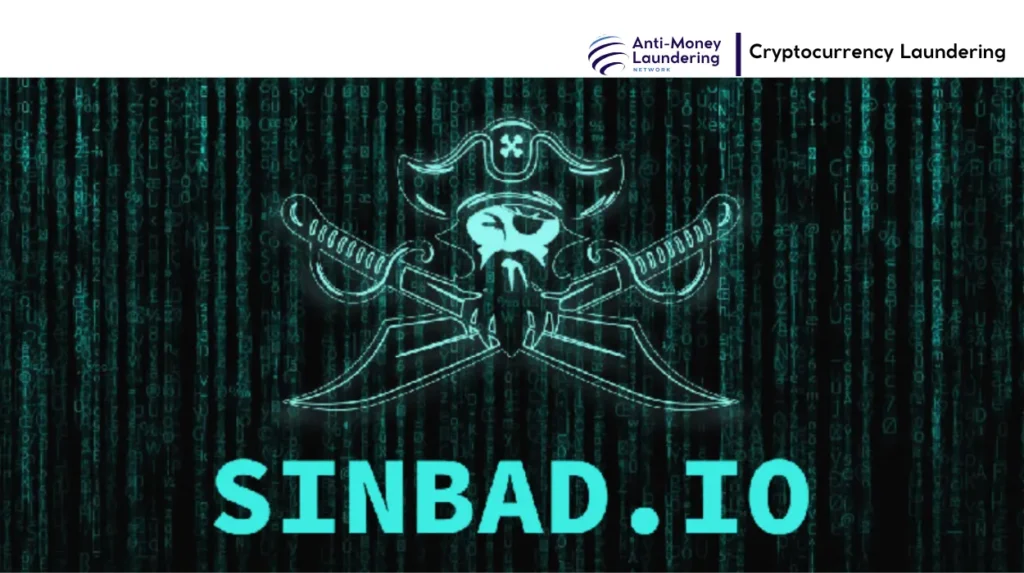Sinbad.io quickly became a preferred cryptocurrency mixer for North Korea’s state-sponsored Lazarus Group, laundering millions in stolen Bitcoin from major hacks including Harmony Horizon Bridge and Axie Infinity. Operating since late 2022, Sinbad obscured the trail of illicit funds by pooling and redistributing crypto transactions, enabling hackers and criminals to evade detection and sanctions. The mixer’s vital role in laundering over $100 million in stolen assets led to its sanctioning and seizure by U.S., Dutch, and international authorities by late 2023. This case highlights the ongoing threat posed by crypto mixers in facilitating global money laundering for cybercriminal networks and sanctioned rogue states.
Sinbad.io was a cryptocurrency mixing service primarily operating on Bitcoin that served as a key tool for laundering stolen funds linked to North Korea’s Lazarus Group. This group used Sinbad to obscure the origins and destinations of millions in illicit cryptocurrencies stolen from significant hacks such as the Harmony Horizon Bridge and Axie Infinity. Sanctioned and seized by U.S. and Dutch authorities in late 2023, Sinbad.io’s crackdown marked a significant disruption to laundering networks aiding state-sponsored cybercrime. The case illustrates the ongoing challenges of criminal abuse in cryptocurrency ecosystems and international regulatory efforts to impede illegal financial flows linked to cyber-enabled theft and state malign activities.

